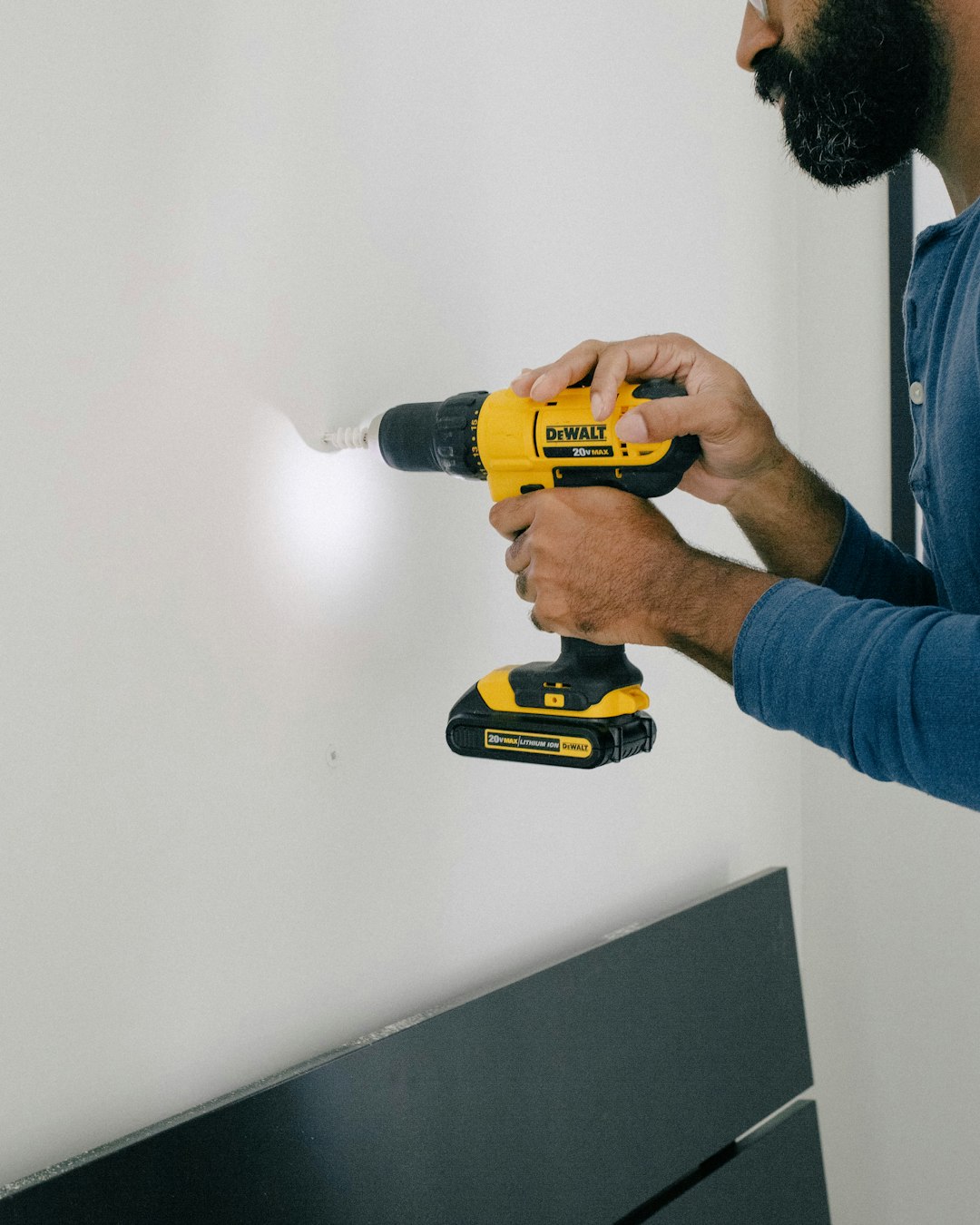 The Silent Epidemic: Addressing Fentanyl Addiction in Chicago
The Silent Epidemic: Addressing Fentanyl Addiction in Chicago
Fentanyl addiction has become an alarming issue in Chicago, IL, and it’s time to shed light on this growing problem. This article aims to inform and educate you about fentanyl addiction intervention in Chicago and the importance of addressing this issue promptly and effectively.
Understanding Fentanyl Addiction
Fentanyl is a powerful synthetic opioid that is up to 100 times stronger than morphine. It is primarily used to manage severe pain, especially in cancer patients. However, its potency also makes it highly addictive and increasingly abused. In recent years, fentanyl has flooded the illicit drug market, leading to a surge in overdose deaths.
Recognizing the Signs of Fentanyl Addiction
If you suspect that a loved one or someone you know is struggling with fentanyl addiction, recognizing the signs early on is crucial. Here are some common indicators of fentanyl addiction:
1. Behavioral changes: Look out for sudden mood swings, increased irritability, or aggressive behavior. You may also notice a decline in personal grooming and hygiene.
2. Social isolation: Individuals addicted to fentanyl often withdraw from social activities, isolating themselves from friends and family.
3. Financial difficulties: Funding an addiction can be financially draining. Keep an eye out for unexplained financial troubles, borrowing money frequently, or selling personal belongings.
4. Physical symptoms: Fentanyl addiction can cause physical symptoms such as drowsiness, confusion, small pupils, and respiratory issues. Weight loss, tremors, and muscle weakness may also be evident.
5. Neglecting responsibilities: If you notice someone neglecting their work, education, or familial obligations, it could be a sign of fentanyl addiction. Addicts prioritize drug use over everything else in their lives.
The Importance of Fentanyl Addiction Intervention
Interventions play a crucial role in addressing fentanyl addiction effectively. They offer an opportunity for loved ones to express their concern, offer support, and encourage the addict to seek professional help. Here’s why fentanyl addiction intervention is necessary:
1. Breaking the cycle of denial: Addicts often deny or minimize the severity of their addiction. An intervention can help them confront the reality of their situation and acknowledge the need for help.
2. Providing emotional support: Addiction can take a toll on not only the addict but also their loved ones. Interventions create a safe and supportive environment where everyone involved can express their feelings and concerns.
3. Presenting treatment options: Interventions provide an opportunity to present treatment options to the addict. Professional interventionists can guide the process and connect the addict with resources tailored to their specific needs.
4. Encouraging accountability: By intervening in a compassionate yet firm manner, family and friends can help the addict understand the consequences of their addiction and motivate them to take responsibility for their recovery.
5. Saving lives: Fentanyl-related overdose deaths have reached alarming numbers. An intervention can be a crucial step that saves the life of someone battling addiction.
Seeking Professional Help
When organizing a fentanyl addiction intervention, it is essential to seek the guidance of a professional interventionist. These experienced individuals can help you plan and execute the intervention effectively. They provide crucial expertise in managing potentially challenging situations and ensuring the best possible outcome for the addict.
Additionally, professional interventionists have extensive knowledge of local treatment resources in Chicago, IL. They can guide you towards reputable treatment centers, counseling services, and support groups that specialize in fentanyl addiction recovery.
Remember, fentanyl addiction is a serious and potentially deadly condition. It requires immediate attention and professional intervention. By recognizing the signs, understanding the importance of intervention, and seeking professional help, you can make a difference in someone’s life and help them on their journey to recovery.
Conclusion
Fentanyl addiction is a silent epidemic that has gripped Chicago, IL. Identifying the signs of addiction, organizing a compassionate and effective intervention, and seeking professional help are crucial steps in addressing this issue head-on. Remember, your support and intervention can save lives and bring hope to those battling fentanyl addiction. Together, let’s work towards a healthier and addiction-free Chicago.

 Excellent Tips for Finding the Best Family Couch
Excellent Tips for Finding the Best Family Couch  Hints to Consider When Choosing a Troubled Teen Program
Hints to Consider When Choosing a Troubled Teen Program

 Indulge in the Creamy Delight of Banana Pudding Fudge
Indulge in the Creamy Delight of Banana Pudding Fudge